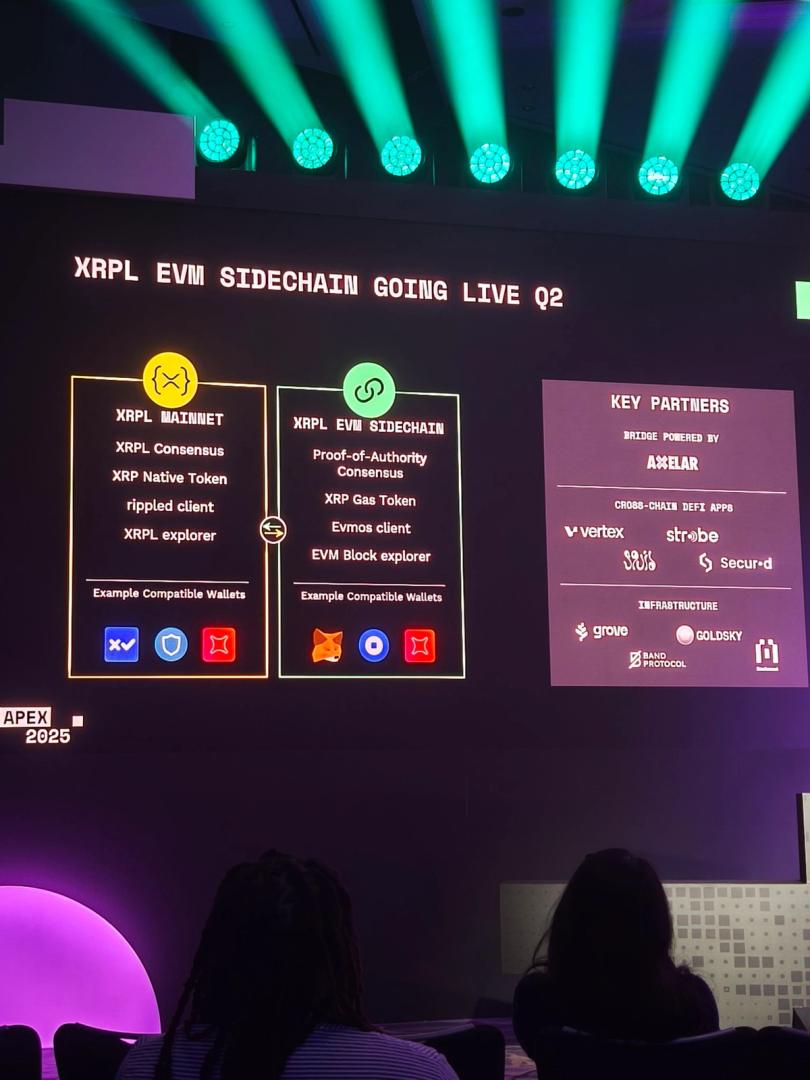
Quantum computing has the potential to transform industries ranging from drug discovery to logistics, but a huge barrier standing between today’s quantum devices and useful applications is noise. These disturbances, introduced by environmental interactions and imperfect hardware, mean that today’s qubits can only perform hundreds of operations before quantum computations irretrievably deteriorate.
Though seemingly inevitable, noise in quantum hardware can be tackled by so-called logical qubits – collections of tens, hundreds or even thousands of actual physical qubits that allow the correction of noise-induced errors. Logical qubits are the holy grail of quantum computing, and quantum hardware builder Infleqtion today published groundbreaking work that used the NVIDIA CUDA-Q platform to both design and demonstrate an experiment with two of them.
These logical qubits were used to perform a small-scale demonstration of the so-called single-impurity Anderson model, a high-accuracy approach necessary for many important materials science applications.
This constitutes the first time that a demonstration of a materials science quantum algorithm has been performed on logical qubits. The creation of just a single logical qubit is extremely challenging. Infleqtion was able to achieve such a feat thanks to accurate modeling of its quantum computer using CUDA-Q’s unique GPU-accelerated simulation capabilities.
Having developed and tested its entire experiment within CUDA-Q’s simulators, with only trivial changes, Infleqtion could then use CUDA-Q to orchestrate the experiment using the actual physical qubits within its Sqale neutral atom quantum processor.
This work sets the stage for quantum computing’s move toward large-scale, error-corrected systems.
Many scaling challenges still stand between today’s quantum devices and large systems of logical qubits, which will only be solved by integrating quantum hardware with AI supercomputers to form accelerated quantum supercomputers.
NVIDIA continues to work with partners like Infleqtion to enable this breakthrough research needed to make accelerated quantum supercomputing a reality.
Learn more about NVIDIA’s quantum computing platforms.






